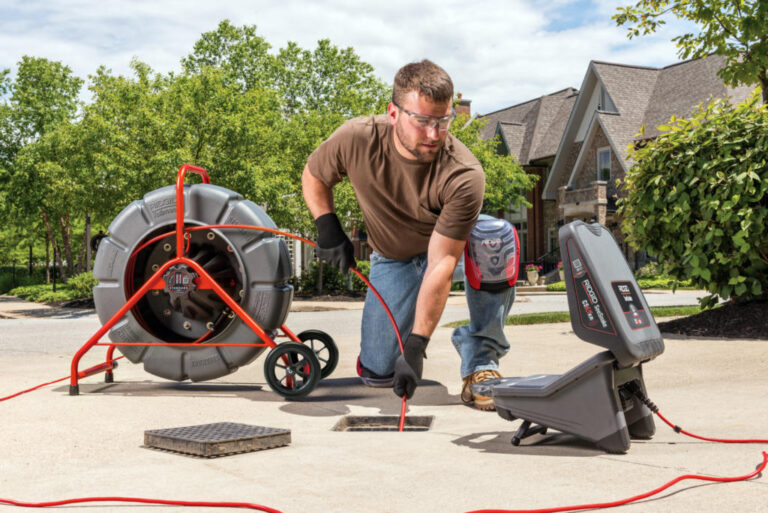Can a Hearing Amplifier Improve Quality of Life for Seniors?
Hearing plays a central role in communication, independence, and emotional well-being. For seniors, age-related hearing changes can make it difficult to follow conversations, enjoy favorite activities, and remain socially active. While hearing loss is a common part of aging, solutions like a Hearing Amplifier can help restore clarity and improve daily experiences. The question many ask is whether such devices truly enhance the quality of life for older adults.
A Hearing Amplifier is a device designed to boost sound for individuals who experience mild to moderate hearing challenges. Unlike prescription hearing aids, which are custom-fitted and often costly, amplifiers are more affordable and accessible. They capture surrounding sounds, filter out some background noise, and make speech clearer, allowing seniors to participate more fully in conversations and daily activities.
Supporting Better Communication
One of the greatest challenges of hearing difficulties in older age is the strain it puts on conversations. Misunderstood words or repeated requests for clarification can create frustration for both seniors and their loved ones. A hearing amplifier makes it easier to hear voices clearly, reducing misunderstandings and improving communication in both quiet and noisy settings. This directly enhances social interaction and prevents feelings of isolation.
Enhancing Independence
For seniors, maintaining independence is closely tied to confidence in handling everyday tasks. Whether it is answering the phone, listening to announcements in public spaces, or engaging in group activities, hearing clearly helps seniors remain active participants in their communities. With a hearing amplifier, many older adults regain the confidence to manage tasks independently without constantly relying on others for clarification.
Reducing Social Isolation
Hearing difficulties often lead to withdrawal from social gatherings because of the challenges of keeping up with conversations in group settings. Over time, this can cause loneliness and even depression. By improving sound clarity, hearing amplifiers allow seniors to stay engaged in family gatherings, community events, and friendships. Staying socially active contributes greatly to emotional health and overall life satisfaction.
Improving Safety and Awareness
Hearing is not only about conversations; it also plays a crucial role in safety. Seniors need to be aware of alarms, traffic sounds, or announcements in public places. A hearing amplifier ensures these sounds are more noticeable, reducing the risk of accidents and improving overall awareness of surroundings. This added safety contributes to a stronger sense of security in daily life.
Cost-Effective Accessibility
Not all seniors are ready or able to invest in medical-grade hearing aids. Hearing amplifiers offer an affordable alternative, making them accessible to a wider group of older adults. While they may not replace prescription solutions for severe hearing loss, they provide meaningful support for those with mild to moderate difficulties, offering an immediate improvement in quality of life.
Encouraging Mental Well-Being
Research shows that untreated hearing loss can increase the risk of cognitive decline in seniors. While a hearing amplifier is not a medical treatment, it does help seniors remain mentally engaged by allowing them to follow conversations, enjoy entertainment, and participate in stimulating activities. Staying mentally active plays an important role in preserving long-term cognitive health.
Ease of Use for Seniors
Modern hearing amplifiers are designed with user-friendly features, making them simple to operate even for seniors who may not be comfortable with complex technology. Many come with easy-to-adjust volume controls, rechargeable batteries, and comfortable designs that can be worn discreetly. This ease of use ensures seniors are more likely to wear them consistently and benefit from improved hearing.
When to Consider Professional Guidance
While hearing amplifiers provide valuable support, they are not a replacement for medical evaluation. Seniors experiencing significant or sudden hearing changes should consult an audiologist to rule out underlying conditions. For those with mild to moderate hearing challenges, however, an amplifier can serve as a practical and immediate solution.
Conclusion
A hearing amplifier can indeed improve the quality of life for seniors by supporting better communication, enhancing independence, reducing social isolation, and improving overall safety. Its affordability and ease of use make it a practical option for many older adults seeking to overcome mild hearing difficulties. While it is not a substitute for professional treatment, it provides a meaningful bridge to clearer conversations, active participation, and a more fulfilling daily life.







